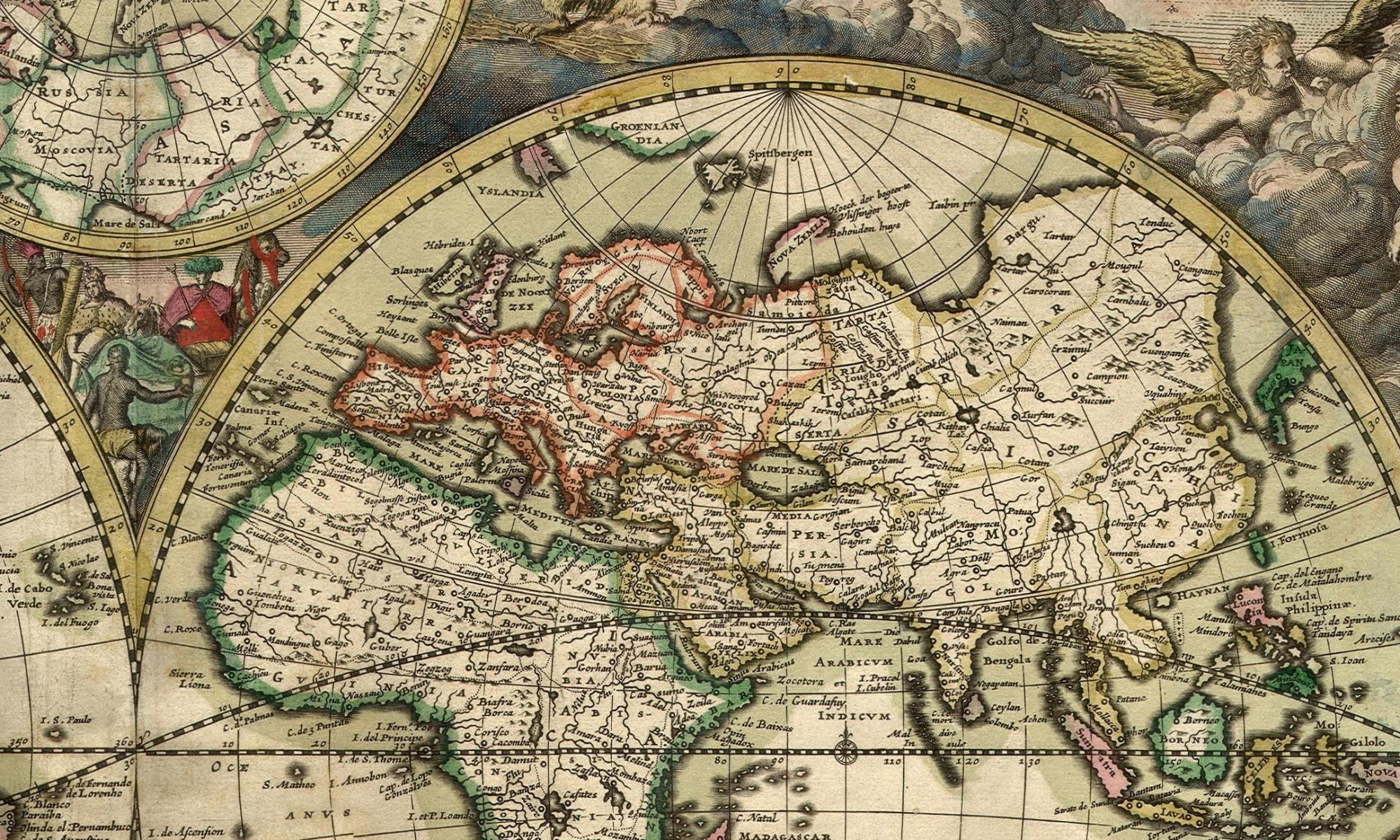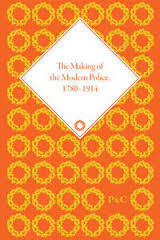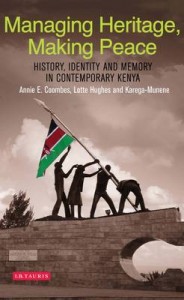 Deborah Brunton’s book Health and Wellness in the 19th Century (Greenwood, 2013) has just been published.
Deborah Brunton’s book Health and Wellness in the 19th Century (Greenwood, 2013) has just been published.
The book explores medical ideas and practice in the 19th century around the world, this book showcases the wide range of medical ideas, practices, institutions, and patient experiences, revealing how the exchanges of ideas and therapies between different systems of medicine resulted in patients enjoying a surprising degree of choice. The work provides an introduction to 19th-century medicine and sets the advancement of medicine within the context of wider historical changes. Chapters examine areas of dramatic change, such as the development of surgery, as well as the fundamental continuities in the use of traditional forms of supernatural healing, covering western, Chinese, unani, ayurvedic, and folk medicine-based understandings of the body and disease. Additionally, the book describes how the culture of medicine reflected and responded to the challenges posed by urbanization, industrialization, and global movement. Find out more.


 Lotte Hughes, Annie E Coombes and Karega-Munene have just published Managing Heritage, Making Peace: History, Identity and Memory in Contemporary Kenya (I.B. Tauris 2013). Kenya stands at a crossroads in its history and heritage, as the nation celebrates its fiftieth anniversary of independence from Britain in 2013.
Lotte Hughes, Annie E Coombes and Karega-Munene have just published Managing Heritage, Making Peace: History, Identity and Memory in Contemporary Kenya (I.B. Tauris 2013). Kenya stands at a crossroads in its history and heritage, as the nation celebrates its fiftieth anniversary of independence from Britain in 2013. Deborah Brunton’s book Health and Wellness in the 19th Century (Greenwood, 2013) has just been published.
Deborah Brunton’s book Health and Wellness in the 19th Century (Greenwood, 2013) has just been published.